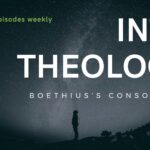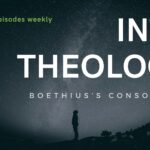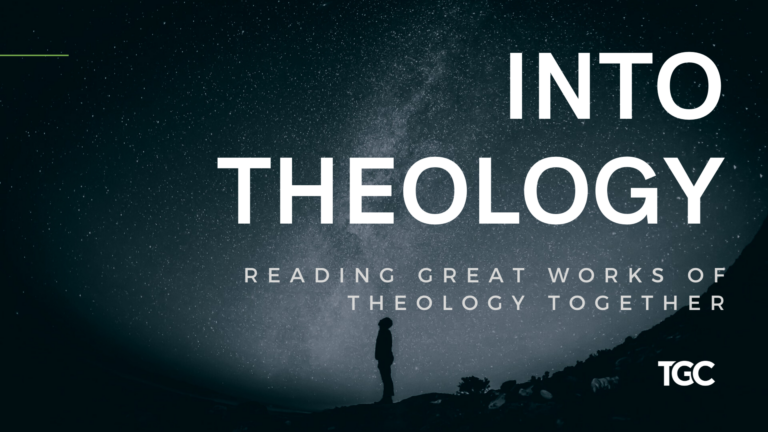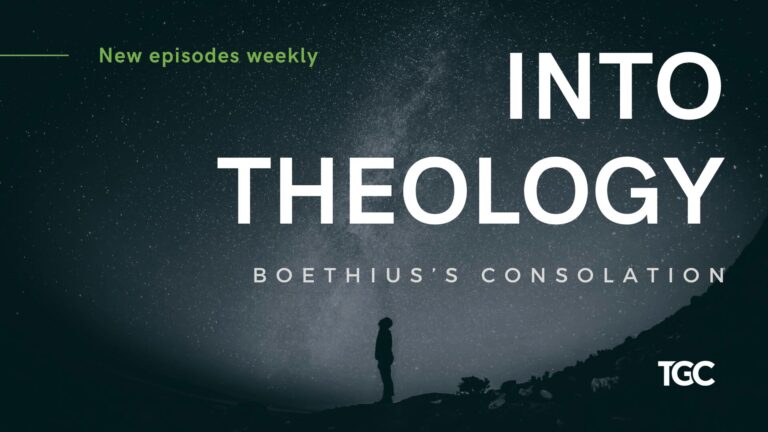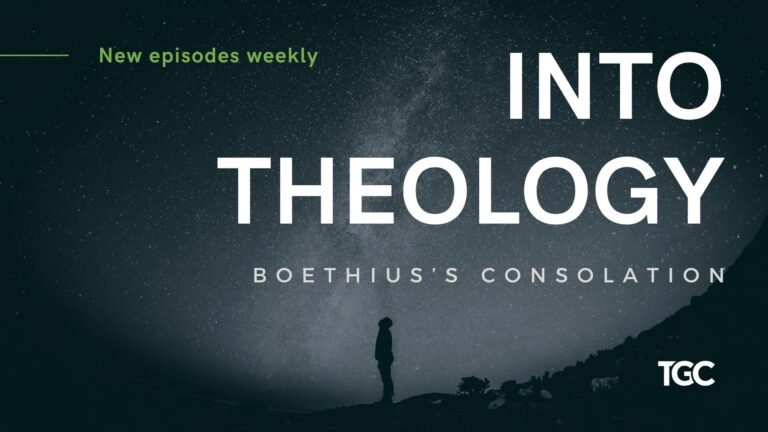Since “when there is a change in the priesthood, there is necessarily a change in the law as well,” the Mosaic Law is no longer in effect (Heb 7:12). “Moses said” nothing about a priest from the line of Judah but only spoke about “the Levitical priesthood (for under it the people received the law)” (Heb 7:14, 11). For this reason, Jesus from the line of Judah (not Levi) institutes a completely new Melchizedekian priesthood (and so law) by the power of his resurrection (Heb 7:16).
As Thomas Schreiner writes, “The prediction and arrival of the Melchizedekian priesthood means the Aaronic priesthood and the Mosaic law are no longer in force. Christians no longer live under the old covenant” (Hebrews 2020: 217).
The apostle reiterates the point when he says: “For neither circumcision counts for anything nor uncircumcision, but keeping the commandments of God (1 Cor 7:19)” or “For neither circumcision counts for anything, nor uncircumcision, but a new creation (Gal 6:15).” Since circumcision is an ordinance in the Mosaic Law (Lev 12:3), it is clear that Paul sees himself as “not being myself under the law” of Moses (1 Cor 9:9) “but under the law of Christ” (1 Cor 9:21).
How then should we read and apply the Old Testament law?
The Old Testament Is Authoritative
None of this means that the Old Testament loses any authority or lacks the quality of being directly applicable to our lives. Paul and Hebrews make great use of the Old Testament. The point is that under the new covenant the Mosaic Law no longer carries the force as law under the old covenant. It carries the authority of Scripture; it prophecies of Christ; it shows us how to live; it provides principles and patterns of wisdom; it does not carry the weight of covenantal force over you.
The Moral Law Is the Testimony of Natural Law
The Old Testament nevertheless contains moral commands that remain completely authoritative because, as Calvin notes, the moral law is “the testimony of natural law” (Inst. 4.20.16). That law expresses the order of things everywhere present and accessible to the world. As Paul explains, “For when Gentiles, who do not have the law, by nature do what the law requires, they are a law to themselves, even though they do not have the law” (Rom 2:14).
But even here, we need to remember that God created us with faculties of sight, smell, and so on. I can see the moon and trust that it exists—God made me that way. I can study the brain and grasp its constituent elements. I trust a surgeon for his or her skill. I trust a biologist to tell me what a cell is because I know they can study and know it. And so natural law also exists as a publicly accessible reality, part of creation, which anyone can observe and know.
Sin, of course, means that while people may know what is right, they do evil nevertheless. Every human faculty has been marred by sin, and so we do not accomplish what we know to be right. Our conscience judges us. That is why the Ten Commandments, for example, often expose the conscience to what it knows to be true, namely, that one has failed to do natural law; and such moral failure has consequences.
Ceremonial and Civil Laws Relate to Temporary Arrangements
Scripture promised a new priesthood (Ps 110:4) which makes the Levitical and Aaronic priesthood a temporary structure. The Levitical priesthood was also meant to provide the concepts to understand the priesthood of Jesus. As Hebrews says:
“Now if perfection had been attainable through the Levitical priesthood (for under it the people received the law), what further need would there have been for another priest to arise after the order of Melchizedek, rather than one named after the order of Aaron? For when there is a change in the priesthood, there is necessarily a change in the law as well.” (Heb 7:11–12).
One key difference is that Levites become priests by genealogy (and also die) but Jesus “has become a priest, not on the basis of a legal requirement concerning bodily descent, but by the power of an indestructible life” (Heb 7:16). This is why Psalm 110:4 claims that Jesus’s priesthood is “forever” (Heb 7:17). In contrast, the Levitical priesthood is temporary and ineffectual (in terms of making one perfect):
“For on the one hand, a former commandment is set aside because of its weakness and uselessness (for the law made nothing perfect); but on the other hand, a better hope is introduced, through which we draw near to God” (Heb 7:18–19).
The whole system of law is tied to the Levitical priesthood. As Hebrews notes, perfection does not come through “the Levitical priesthood (for under it the people received the law)” (Heb 7:11) and “when there is a change in the priesthood, there is necessarily a change in the law as well” (Heb 7:12). That law no longer is in effect since the priesthood is no longer in existence. Jesus became a priest of a new and better order and brought in a new and better law. Hence, the ceremonies surrounding the Levitical priesthood no longer have force.
Neither do the particular civil legislations that are proper to Israel as a nation whose laws surround their relationship to God via the priesthood. The new covenant changes the national character of God’s dealings with the earth into a transnational body.
Michael Horton summarily explains, “What then are we to say about Moses’ status in the church today? Reformed theology has traditionally insisted that the moral law (that is, the Ten Commandments) remains in force, while the ceremonial and civil laws of the old covenant are now obsolete along with that covenant itself.”
Conclusion
The Gospel of Jesus Christ frees us from the judgment and the burden of the law. To claim the opposite is to reverse the conclusion of the Jerusalem Council: “Now, therefore, why are you putting God to the test by placing a yoke on the neck of the disciples that neither our fathers nor we have been able to bear?” (Acts 15:11).
Gentiles are saved as Gentiles and fall under the law of Christ, which may be summed up saying: “For the entire law is fulfilled in keeping this one command: “‘Love your neighbor as yourself’” (Gal 5:14).
The reason why the Old Testament still speaks directly to us today is manifold. Jesus fulfilled its patterns in his own person (Matt 5:17 with 2:15, 17, 23; 3:15; 4:4). The entire Old Testament provides Christian wisdom to guide us in our Christian walk. It republishes natural law to confront our consciences with our sin. It promises the Gospel of Salvation.
Every jot and tittle is for us and for our salvation. We simply have to read it as Christians under the new priesthood, new law, and New Covenant.








